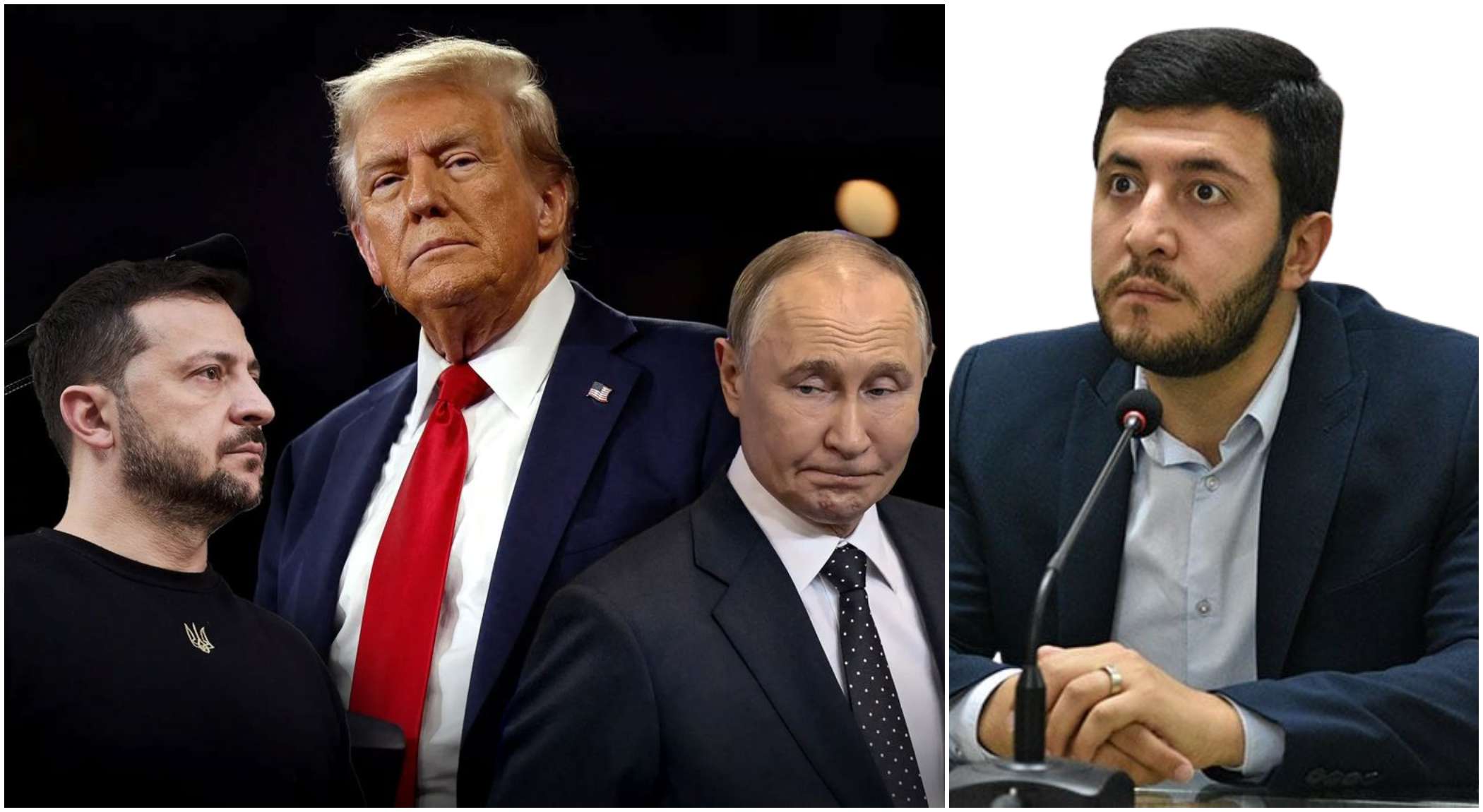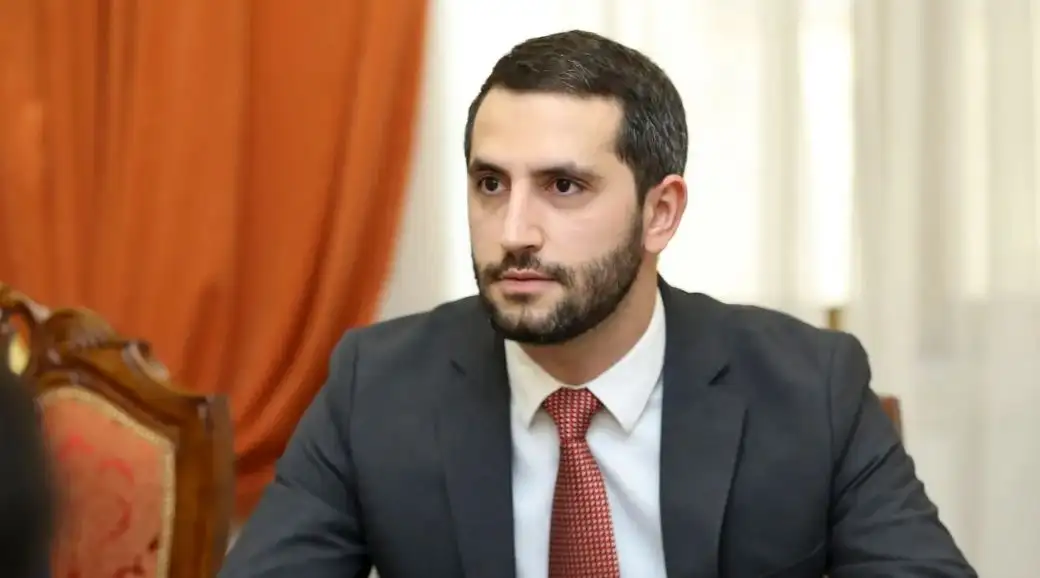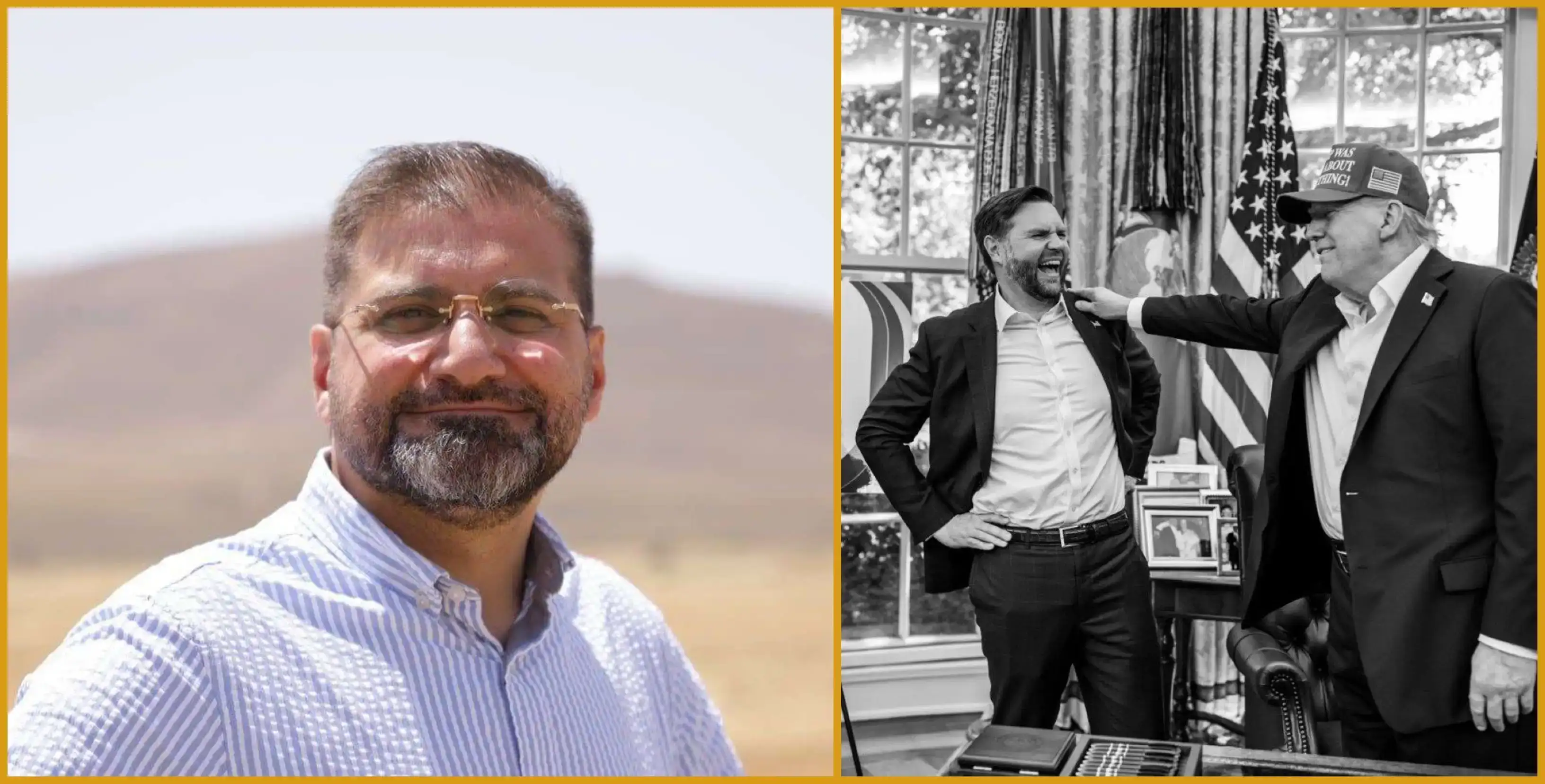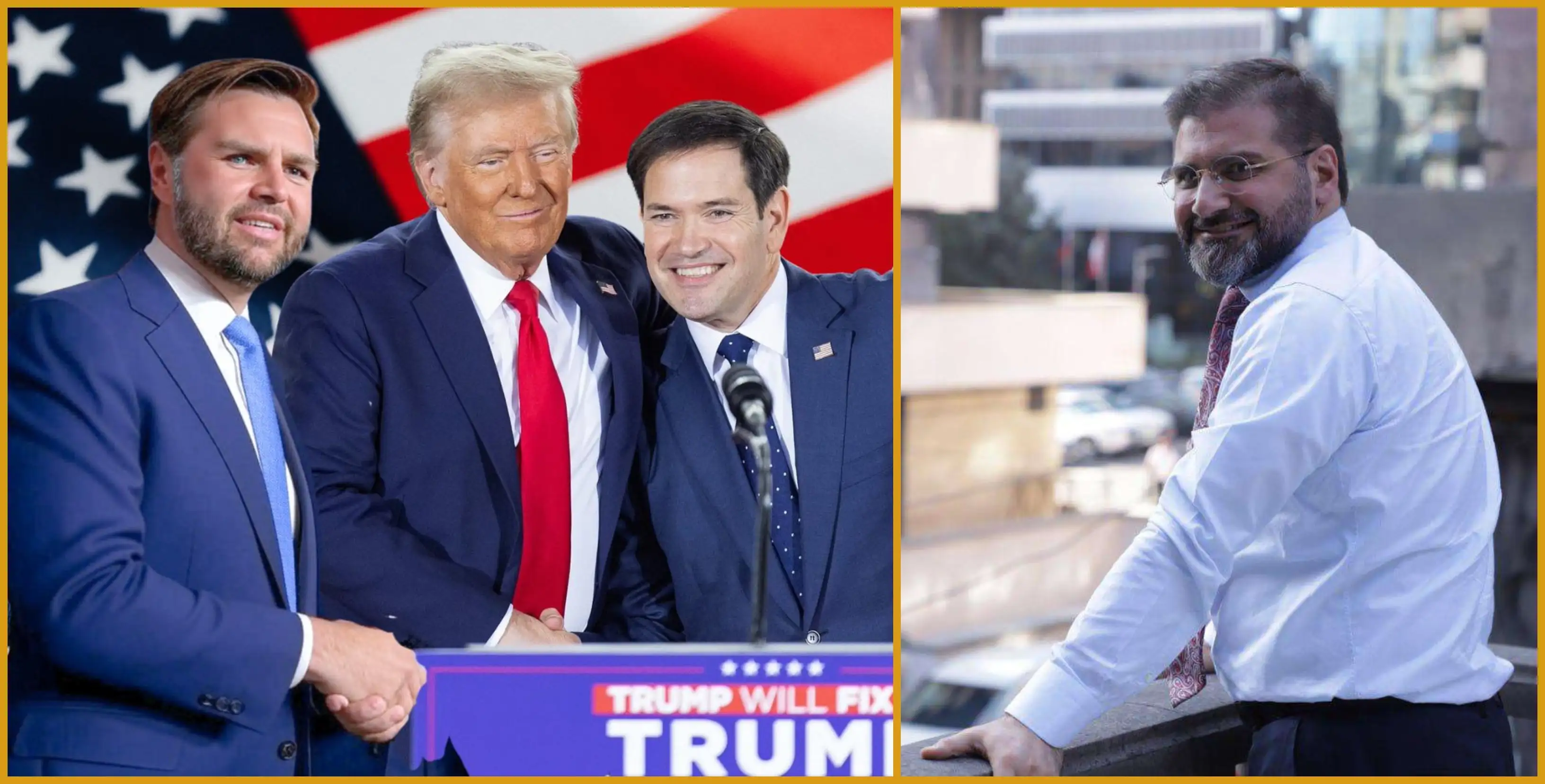Radar Armenia's interlocutor is political scientist Areg Kochinyan.
-What political and international legal consequences could Donald Trump's proposal, according to which Kyiv and Moscow should cede territories to end the war, have? Will this allow the parties to permanently abandon military operations and later go to peace on this basis?
-The Russian-Ukrainian war did not begin because of territorial disputes, and the cession of territories will lead to the end of the war or lasting peace between Russia and Ukraine. The Russian-Ukrainian war began because of Russia's imperial land grabs and disagreement that the members of the former Empire - Ukraine, Armenia, Azerbaijan, or any other republic - have the right to conduct their foreign policy as they wish. The Russian state strongly disagrees with this and is ready to prevent such scenarios even at the cost of war. This is a war for the preservation of power and dominance in the post-Soviet Russian Empire, not a war for Kharkov or Donetsk. The concession of territories, at best, can give some short-term respite or tactical advantage to one of the sides, but never eliminate the causes of the war.
-Kyiv insists on a ceasefire without preconditions as a necessary condition for the start of peace negotiations. Is this compatible with Trump's idea of territorial concessions?
-Kyiv wants a ceasefire without preconditions so that it can regroup its forces and prepare for new Russian attacks. Russia understands this very well, and now neither the EU nor Ukraine has enough opportunities and time to reorganize their forces and economies and put them on a war footing. And without the United States, the balance of power is tilting in Russia's favor. The key point now is that the EU needs time to release its military production and potential, which would help Ukraine, even without the United States. Russia does not want to give time, and all negotiations revolve around whether the United States will continue to bear the burden of supporting Ukraine until Europe can take it on itself, or if the United States will unilaterally withdraw from the situation. In this case, Russia will only have to continue what it is doing now, hoping that it will manage to disintegrate Ukraine faster and more intensively than Europe will be able to help Ukraine.
-If the idea of territorial concessions officially enters the agenda, what reaction can we expect from NATO and the EU? What does the European side expect?
-The European side expects Russia's strategic defeat. But what does it look like? The European side does not have a consensus on this topic. And when I say "European side", I do not mean the disagreement between Hungary and Slovakia, but much more serious players - France, Germany, and the United Kingdom. The thesis that Ukraine should not be defeated has been circulating for a very long time, but what does it mean for Europe, Russia, and Ukraine itself? Currently, a significant issue is that the European side lacks clarity on its military-political objectives and its readiness to achieve them.
-Do they, in your opinion, agree with such an end to the war and the status quo?
-It is difficult to say a unified position on NATO. After all, it is not a single structure, but a military-political alliance consisting of member states, where each state has its position. Now, the position of the European allies that I mentioned has changed somewhat. The United States does not want to pay for or bear the burden of this war, preferring instead to focus on China. To say that NATO has a unified position is wrong.
Lilit Abrahamyan


















